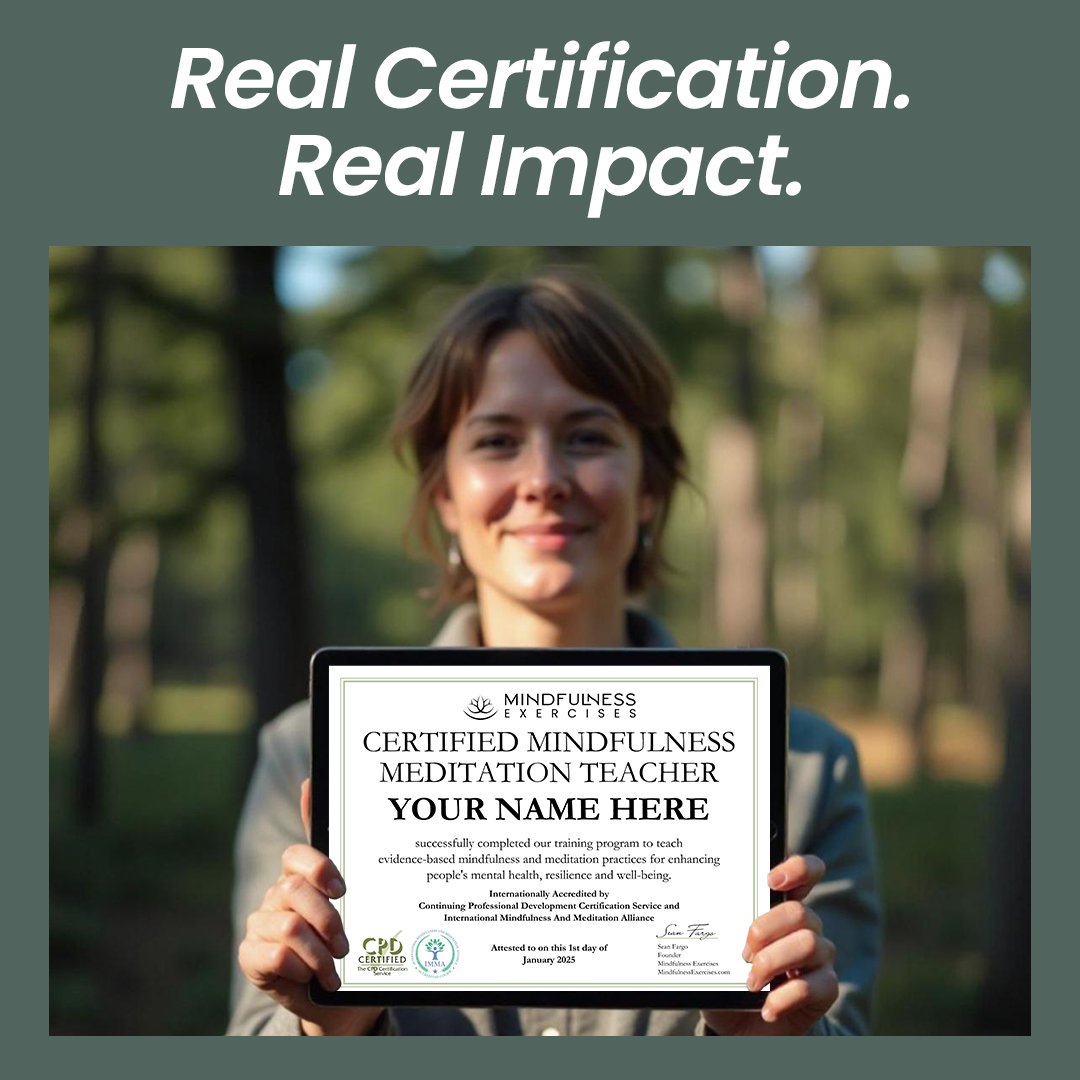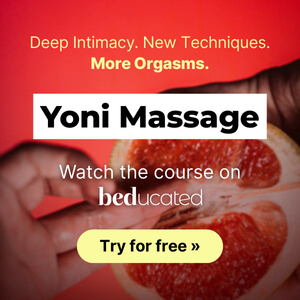

You’ll be happier if you are not as dependent on our relationship for your identity.
My dear friend,
Your behavior toward me changed in the last year or so. I felt you begin to become more reflective and protective of yourself. You said you were seeking more balance in your life and to not take it personally.
Our relationship has been long and fulfilling, despite some ups and downs. But, there has been an important issue between us that has not been fully dealt with—your attachment to me. I should have spoken to you sooner. But, you’ve been busy, and I’ve not wanted to disrupt what you were doing. And, you were satisfying my needs—which were helping other people with their problems. So, I selfishly wanted it to continue. But now, I feel compelled to speak to you candidly about it.
When we first got together, your passion for me was intense. I was energizing and interesting to you. I occupied your thoughts constantly. You did not see me as taking your energy and attention away from the other things you valued—your family, your other relationships and your creative pursuits.
As our relationship developed, I found more reasons to engage you. I had a greater need for you—more people who needed help and larger problems to solve. This motivated you to give more of yourself to me. I affirmed your attention with praise, more demands for your time and more opportunities for you to give to me.
In return, I gave you what I could give. More recognition. Larger and more stimulating experiences. More material rewards.
These things seemed to satisfy you until you realized they didn’t.
What you really wanted was the satisfaction of benefiting others and using your gifts to better the world.
But, instead of being proactive and being more purposeful about how you lived and worked, you continued to react to calls for your help. Your ego was fed by it and it became too much your identity. You stopped searching for new ways to experience me and the other parts of your life.
The fact is, we did not have as healthy and mutually satisfying a relationship as we could have. I was, after all, your job.
Now, I’ve come to some understandings I want to share with you:
When your identity is dependent solely on the job, you’re conditioned to feel as good or as bad as your latest performance, your worth hanging in the balance with every task or jitter-inducing free moment. Having to remanufacture your worth every day is exhausting, and it crowds out the parts of life needed to bolster your real identity.
That true you is where you never expect it to be, right next door in the lowly realm of R&R, a place the performance identity would have you believe is worthless. It turns out that your time off-the-clock is the road to who you really are. The best predictor of personal satisfaction is satisfaction in your non-professional life. If you don’t have a non-professional life, chances are you might not be too happy. ⁓ Joe Robinson
What I want for you is to approach our relationship differently. Don’t identify so much with it. Pursue it and the other interests in your life in a way that will benefit others and bring you intrinsic satisfaction, not just recognition, money or other external measurements. You’ll be happier if you are not as dependent on our relationship for your identity.
So, I’d say live with joy and gratitude and a zest for life. Express who you are in every aspect of your life. Live your true purpose and don’t limit this to the way you earn your money.
[O]ur identity as a person doesn’t need to be defined by what we do as a job, we are bigger than our career. Secondly, our purpose in life doesn’t have to align perfectly with what we do for a living, we can contribute to the world in other ways.⁓ Peter Gyulay, Elephant Journal.
Ken Crump
Elephant Academy Apprentice
Browse Front PageShare Your Idea
Comments
Read Elephant’s Best Articles of the Week here.
Readers voted with your hearts, comments, views, and shares:
Click here to see which Writers & Issues Won.



A welcome expression of what many people come to feel, possible especially men.